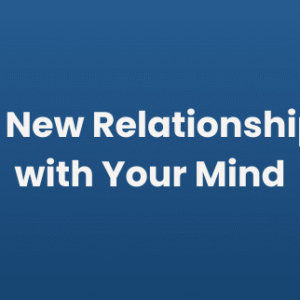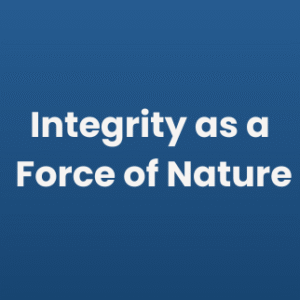
A Whole New Way of Looking at Conflict
Conflict is inherent in all teams, and the importance of its role cannot be undermined in increasing openness and effectiveness of decision making. However, sometimes conflict can also take a bad shape, and negatively affect team dynamics. We all know instances where we think that a colleague’s attitude is incorrect, or their behavior is not appropriate. This inappropriateness is not related to organisational policy, but to what we commonly know as ‘that’s not how things are done around here’. There are several methods and instruments to deal with conflict such as the Thomas-Kilmann Conflict Mode Instrument (TKI). However, these are complex and require a qualified practitioner to use and interpret.
The beauty of studying multiple subject areas is the cross-references that form between them and the insights it leads to, which are otherwise unavailable to us. One such insight I developed is using cultural awareness to our advantage, to immediately and substantially empower professionals across levels to view conflict in an easier and effective fashion.
Using the Lens of Culture as an Instrument for Conflict Management in High-Performance Teams
‘Culture’ in the context of this article, is not the culture of a team or that of an organization, but culture by its very definition and essence:
Culture can be defined as the sum total of whatever people learn from each other, especially in their interactions with each other. This includes values, beliefs, reasoning, behaviors and the way people feel about things.
In the context of this broader definition of culture, we see that there are cultural boundaries involved between people from different backgrounds and life experiences. This is not just limited to ethnicity or religion but is determined by the variety of interactions we have in our daily lives since culture is in a state of continuous transmission in our interactions. Cultural boundaries are the point of intersection of two distinct cultures, which can mean, two distinct styles of thinking, reasoning, beliefs etc. These determine our subjective view of what is right and wrong.
Take the case of two employees, one of whom complains that the attitude of the other person is not commendable. It is easy for us to judge what is appropriate from our own reasoning (which is again our culture), and to declare who is right. Although easy, this is not an effective strategy since it leads to lack of trust and inclusiveness in teams.
We can get philosophical and seek refuge in deontological ethics or utilitarianism to say that we can never know which attitude is ‘right’ or that whichever gets the job done is the one to go by. Although these offer some solace, formal philosophical thinking is a tricky area to venture into for most people. Instead of invoking moral relativism, we can borrow the technique of Methodological Cultural Relativism from anthropology to serve us. Simply put, it is trying to understand an aspect of another culture on its own terms, and not in the terms of our own culture.
If we use the lens of culture, we can clearly see the conflict the way it really is – a clash of two cultural boundaries. It becomes easier to process for the people involved and aids in restraint on the part of the leader or manager. When properly practiced, the conflict fizzles out because we start seeing it not as a conflict between two people, but merely as a point of intersection of cultural boundaries, resulting in a culture shock. What is required then is simply the transmission of the embodied culture through the boundaries. It no longer seems to carry the emotional weight of conflict the way we usually see it, nor does it invoke the burden of resolving on the part of the leader or manager. When teams are educated on using this new lens, and individuals are coached on invoking it as a part of their response mechanism to conflict, almost all of the negative consequences of conflict give way to the productive nature of the opportunities that conflict carries within.
This has the potential to revolutionize the way high performing teams operate. The only thing standing in the way is the one professional knowing but choosing not to share it with their teams and opening it up for discussion.




